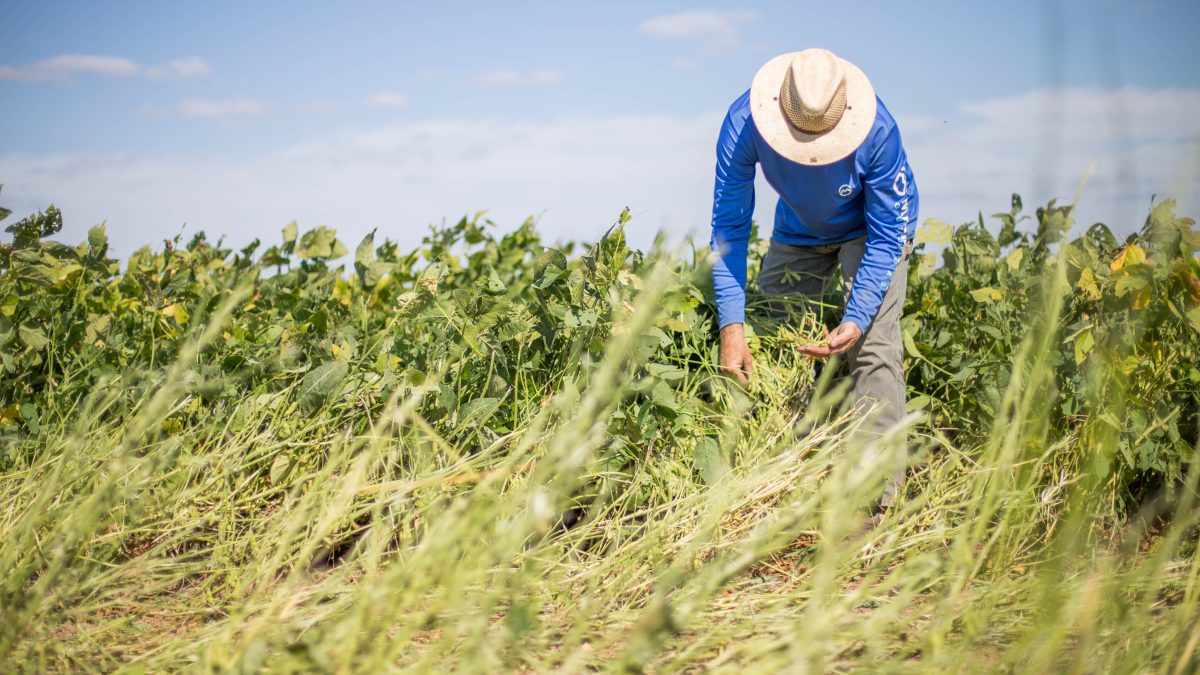The Business of Farming
TOPICS
StillFarmingGuest Author
Special Contributor to FB.org

photo credit: Maddison Stewart, Arkansas Farm Bureau; used with permission.
Guest Author
Special Contributor to FB.org
By Greg Doering @GregKfb
My grandparents received exactly one paycheck per year, usually in mid-August when they took calves to market. I was probably five or six years old the first time I got to go to the sale and sit in the grandstand as the cattle were auctioned off in lots.
I don’t remember much from the sale, other than the auctioneer’s cadence was pleasing even if it didn’t make much sense to me. It was the conversation with my grandparents as we were leaving the parking lot that’s stayed with me. It was a good year, and my grandmother said she’d picked up a nice check at the cashier’s office.
Upon hearing the word check, the most obvious question spilled forth from my mouth. “How much was it?” I asked. My grandfather stared at the road while my grandmother flatly stated, “We don’t talk about money.” End of conversation.
Agriculture is a business and those who grow our food are its leaders.
I accompanied my grandparents to lots of sales over the next several years, and the routine was always the same. We’d go to the auction, stop at a restaurant on the way home and, in the good years, I’d come home with a new pair of boots. True to my grandmother’s word, we never talked about money.
Years of careful observation eventually allowed me to decipher the general workings of the business side, even if I lacked access to the actual accounting of dollars and cents. By the time I was a teenager, I generally understood the success of the ranch depended on a delicate balance of controlling expenses in down years and setting something aside in the good ones.
One of the biggest misconceptions about the business of agriculture is that corporations are taking over and displacing family farms. There’s no doubt there are some large corporate farms, but the rise in corporations is driven primarily by family farms and ranches. These are still mom and pop operations choosing to incorporate for any number of reasons, from liability protection and enhanced management to transition and tax planning.
It’s a recognition of what’s always been true — agriculture is a business and those who grow our food are its leaders. We tend to gloss over those facts by calling farming and ranching a lifestyle. While it’s undoubtedly true, it also obscures some of the most difficult work those in agriculture do.
To grow a crop or raise livestock requires an extensive set of skills, ranging from finance and marketing to logistics and recordkeeping. Even with managing what they can control, farmers and ranchers are still at the mercy of markets and Mother Nature. Those are tough partners, but thankfully our food is in the hands of business professionals.
Greg Doering is a writer and photographer for the Kansas Farm Bureau. This column was originally published as part of the Kansas Farm Bureau’s Insight series.
Trending Topics
VIEW ALL